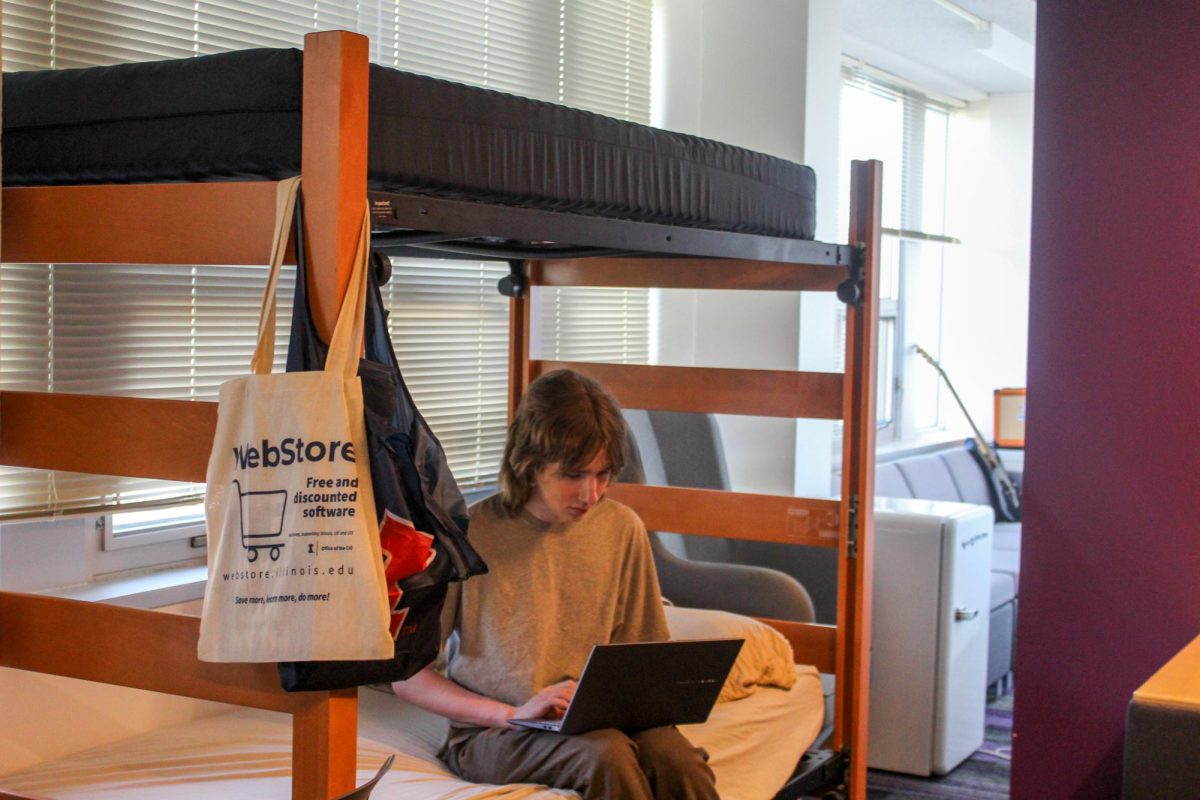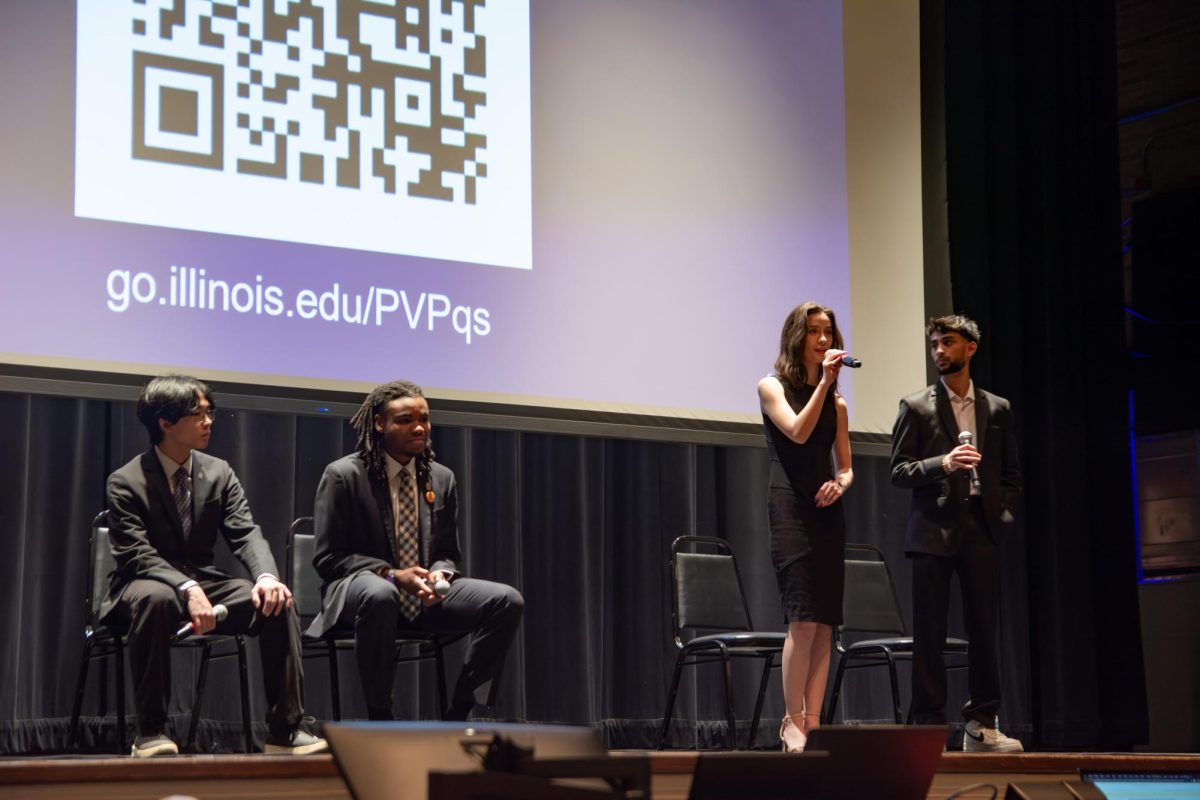Last updated on Oct. 13, 2023 at 09:57 a.m.
The Student Organization Resource Fee Board announced changes in funding standards for the 2023-24 academic year.
SORF is used to help fund programs and services of Registered Student Organizations.
In a press release sent out on Sept. 8, SORF notified student organizations of the new funding model that the vice chancellor for student affairs approved.
The statement said that the funding model changes the total allocation for each fiscal year from $10,000 to $5,000.
Get The Daily Illini in your inbox!
In addition, SORF announced that they would use the total number of Illinois student attendees as a metric to determine funding.
“As only students pay the Student Organization Resource Fee, only Illinois students are entitled to its benefits,” the statement said.
Navika Kagathi, sophomore in Engineering, discusses how the sudden change is going to affect car racing RSO’s that use SORF funding.
“With this decision, these RSOs won’t be able to make their cars, so they won’t be able compete in competitions,” Kagathi said.
Jose Reyes, senior in Engineering, felt similarly, saying that the lack of University funding for RSOs will affect their ability to provide services to students.
“I believe that this is putting student RSOs at a disadvantage as there aren’t those funds provided,” Reyes said.
Troy Kowalski, SORF treasurer, explains why the funding for RSOs has decreased.
“This change allows more organizations to apply for funding and to take advantage of the SORF board without (SORF) running out of money,” Kowalsk said.
The SORF applications for funding are due Sunday. More information about SORF can be found on their website.
“I encourage RSOs to apply for as much as they need of the $5,000,” Kowalski said. “We are going to review the applications fairly and in (an) orderly process. ”
Editor’s Note:
An earlier version of the headline was “SORF cuts RSO funding by 50%.” This was changed on Sept. 27, 2023 because SORF is not cutting funding, but instead reducing maximum funding allocations. Additionally, an earlier version stated that SORF receives funding through tuition. This was corrected to reflect that SORF receives funding through a Student Initiated Fee.





